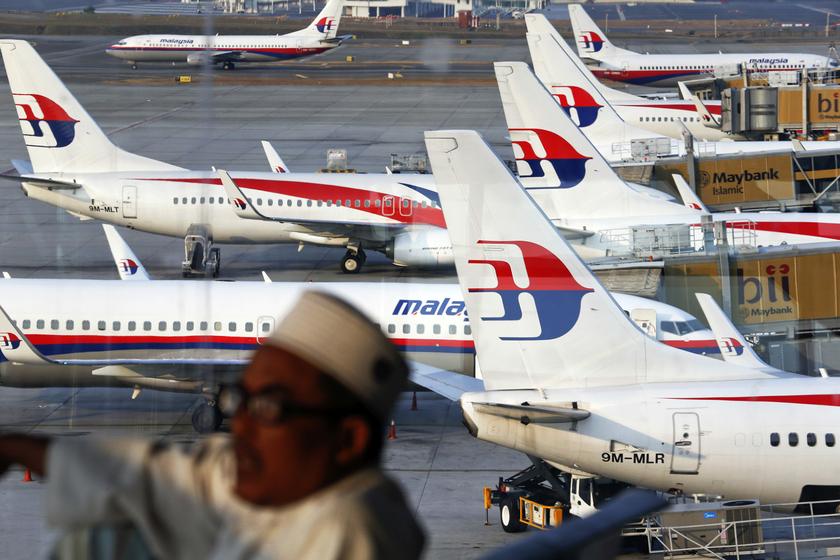KUALA LUMPUR, June 29 — The wide-ranging partnership between national carrier Malaysia Airlines and southern neighbour Singapore Airlines (SIA) which was announced last Thursday could lead to a potential merger, analysts observed.
A merger, which would blur the national identity between the two fierce rivals, would be a pragmatic choice, but is fraught with landmines due to nationalistic sensitivities, The South China Morning Post (SCMP) reported today.
The Hong Kong daily cited Endau Analytics aviation consultant Shukor Yusof saying that such a deal would be politically significant if Prime Minister Tun Dr Mahathir Mohamad can be brought around to agree as it would “mark a major shift” in his view towards Singapore.
“No right-thinking government will want to jeopardise the prospect, no matter how remote, of [MAS] being rejuvenated.
“Moreover, the [partnership] has the potential to deliver wonderful things to the signatories, more specifically to SIA, with its solid resources (cash, fleet and brand name), and the wherewithal to fully exploit the booming Southeast Asian market,” he was quoted writing in a report.
Malaysia Airlines, shortened to MAB after a 2015 rebranding, is still popularly known by its earlier abbreviation MAS.
By working together, the two Southeast Asian airlines would also be in a strategic position to fend off the growing dominance from Malaysian budget carrier AirAsia, Shukor reportedly said.
Co-operation between Malaysia Airlines and SIA means less risk of the Malaysian flag carrier being sold due to its weak performance over the past years, which worsened after its Flight MH370 vanished into thin air in March 2015 and Flight MH17 was shot down over Ukraine airspace a mere five months later.
Maybank Kim Eng Securities associate director Mohshin Aziz raised eyebrows last month when he mooted a merger between Malaysia Airlines and SIA for their business survival.
Another analyst, cited by SCMP who declined to be named due to the sensitive topic, said mergers between rival national carriers were not new and had proven to be mutually beneficial to both companies in raising their regional competitiveness.
“[But] in the name of business, in the name of pragmatism, you have to put all your nationalistic feelings aside because it’s a global business at the end of the day,” the unnamed analyst was quoted saying.
“Here we have MAS and SIA, from the fiercest competitor countries you can imagine. [With this agreement] you can say that finally we’ve matured, and are thinking pragmatically. It’s a good day for the industry.”
He then referred to European airlines such as Air France and KLM’s partnership to become a larger Franco-Dutch group in 2004 and the British Airways-Iberia merger — the last of the continent’s airlines to merge in 2010.
CAPA Centre for Aviation’s Singapore-based chief analyst Brendan Sobie echoed Shukor, saying Malaysia Airlines is taking the right strategic steps to shore up its business with new partners in order to be more competitive.
“It is not clear how deep these will go, [but] the new partnerships will generally enable MAS to compete more effectively in an extremely challenging environment — both in its home market and regionally within the Asia-Pacific,” Sobie reportedly said.
However, he poured cold water on speculation that SIA could be the investor that Malaysia Airlines and Putrajaya has been searching for.
“There would be so many challenges that would need to be overcome to make that a serious option,” he reportedly said.



















